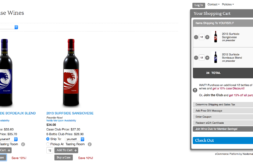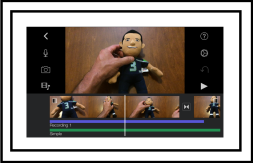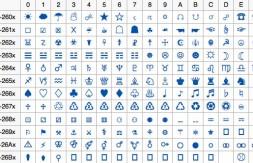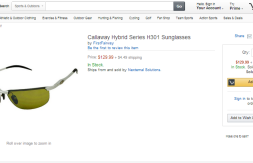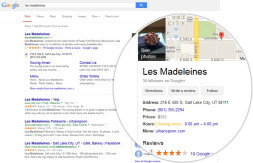Don’t Leave Money on the Table When Doing Partial Shipments & Change Orders

You’re a savvy merchant, right? As a good practice, you reconcile your bank statements with your credit card charges. However, unless you reconcile your credit card charges with your order totals, you may have a blind spot and you may be leaving money on the table! Why would this be an issue? Well, most of the time it isn’t – especially if you charge an entire order right before shipping it. However, if you’ve ever had to ship or bill an order in pieces, or had a customer call to change an order after the money has already been captured, the potential problem arises. . 
In the case of partial shipments, some merchants will charge the entire order at once and then designate the line items as shipped as they go out, which is fairly safe, if it doesn’t irk your customers. Other merchants may decide to only charge for what goes out the door, leaving the door open for a possibility of errors. If everything operates as planned, additional captures will be executed as items are shipped. However, human intervention is involved with these types of orders, which means errors can be introduced into the process.
Another potentially problematic scenario is when a customer calls in and changes their online order after you have billed for it. They may be adding items to the order or cancelling items. Regardless, merchants either need to execute additional Auth Captures, or potentially refunds. These transactions are also prone to error.
So what is a merchant to do? We recommend that every two weeks you run a report which details the order total amount and compares it to the total amount captured for every order. In a perfect world, these two columns will match up perfectly. If they don’t, you have either under-charged or over-charged. Regardless, taking 5 minutes every couple of weeks to run this check will be time well spent and at the very least provides peace of mind.
Note: For Nexternal Clients, the Order Report found in Orders/Reports will highlight which credit card payments have not been fully captured (or have been over captured) in the Payment column.



